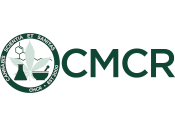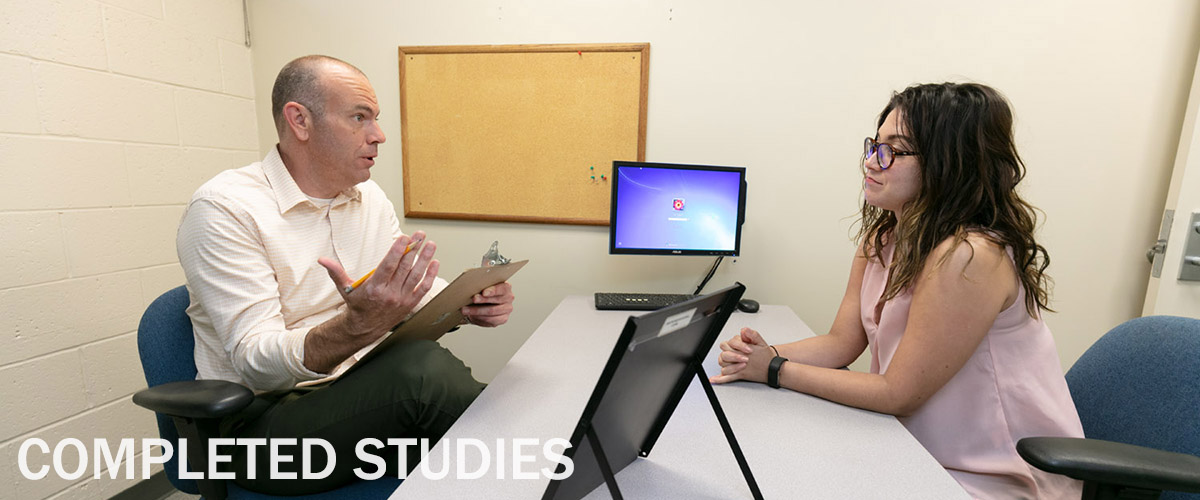Placebo-controlled, Double Blind Trial of Medicinal Cannabis in Painful HIV Neuropathy
INVESTIGATOR: Ronald Ellis, M.D., Ph.D.
STUDY LOCATION: University of California, San Diego
PROJECT TITLE: Placebo-controlled, Double Blind Trial of Medicinal Cannabis in Painful HIV Neuropathy
PROJECT TYPE: Clinical Study
STATUS: COMPLETED
RESULTS:
Of 127 volunteers screened, 34 eligible subjects enarolled and 28 completed both cannabis and placebo treatments. Among completers, pain relief was greater with cannabis than placebo (median difference in DDS pain intensity change, 3.3 points, effect size = 0.60; p = 0.016). The proportions of subjects achieving at least 30% pain relief with cannabis versus placebo were 0.46 [95% CI 0.28, 0.65] and 0.18 [0.03, 0.32]. Mood and daily functioning improved to a similar extent during both treatment periods. Although most side effects were mild and self-limited, two subjects experienced treatment-limiting toxicities.
Smoked cannabis was generally well-tolerated and effective when added to concomitant analgesic therapy in patients with medically refractory pain due to HIV DSPN.
The full results of this study were published in the journal Neuropsychopharmacology.
ABSTRACT:
Neuropathic pain continues to be a major clinical problem in HIV infection. The predominant cause is an axonal polyneuropathy, termed HIV-associated distal, sensory-predominant polyneuropathy (DSPN) that is variably associated with HIV itself or with the use of certain nucleoside analogue HIV reverse transcriptase inhibitors used in antiretroviral treatment regimens. Available treatments, including opioids and adjunctive pain-modulating agents, often are ineffective for pain control, resulting in disability and diminished quality of life for individuals with HIV infection. The proposed study will be a double-blind, placebo-controlled trial of medicinal cannabis for the short-term adjunctive treatment of neuropathic pain in HIV-associated DSPN. Case ascertainment will be by history, physical examination, nerve conduction studies and quantitative sensory testing. Thirty subjects will be enrolled in a double-blind, cross-over trial design. Because a safe and effective dosing range for cannabis for neuropathic pain has not been previously established, and because we anticipate that the frequency and magnitude of both beneficial antinociceptive and adverse drug effects with cannabis will differ substantially across individuals, a structured dose escalation-titration protocol will be used to find an individualized, effective, safe and well-tolerated and dose for each subject. The total study duration will be 3 years. The principal outcome measures will be changes in self-reported pain, disability in activities of daily living and indices of quality of life.

